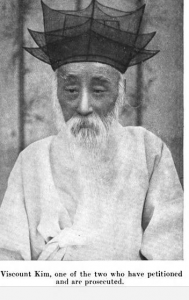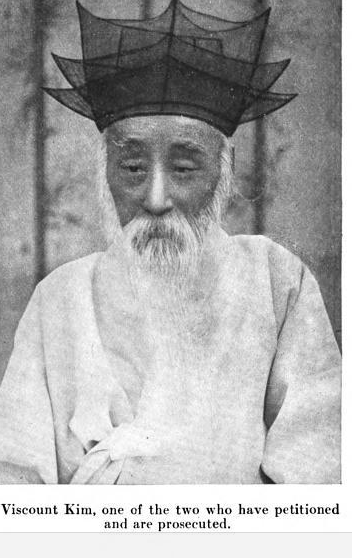I am in the process of doing the initial readings for courses at the University of Edinburgh that are about to start up for the semester. One of these is Elearning and Digital Cultures, a really fascinating course on the particulars of cyberculture as a collaborative, social, economic, political instrument being both driven by and driving technology.
The course itself is conducted entirely in the open on a variety of channels and assessment occurs as a result of a constructed digital artifact, a Lifestream. A Lifestream is a stream of accumulated content and this student hopes that it is greater than the sum of its parts. We have our own hashtag (#ededc), blogs, tools, gadgets, etc. to investigate the notion of culture online. After doing the initial readings I am already intrigued, mentally stimulated, and ready to go. But first, some music for the patient reader, to introduce an auditory element to cyberculture (as the readings suggest is often overlooked when discussing culture online):
The readings themselves present the notion of the narrative as a means of sense-making online, of portraying the linear “materials” narrative of how the internet got to be what it is, the symbolic narrative of our place within this fluid structure, etc. All great readings and very refreshingly challenging. If you are interested, take a look, give them a look over, and feel free to start up a dialog as I am already fascinated and always eager to bounce ideas around.
- Hand, M (2008) Hardware to everywhere: narratives of promise and threat, chapter 1 of Making digital cultures: access, interactivity and authenticity. Aldershot: Ashgate. pp 15-42.
- Bell, D (2001) Storying cyberspace 1: material and symbolic stories, chapter 2 of An introduction to cybercultures. Abingdon: Routledge. pp6-29.
- Sterne, J (2006) The historiography of cyberculture, chapter 1 of Critical cyberculture studies. New York University Press. pp.17-28.
- Poster, M (2006) The good, the bad and the virtual, chapter 7 of Information please: culture and politics in the age of digital machines. Duke University Press. pp.139-160.
- Johnston, R (2009) Salvation or destruction: metaphors of the internet. First Monday, 14(4). [web site]

I am glad that these readings introduced the two polar positions that are often manifested when the term cyberculture is mentioned:
- Technophilia-cyberculture is a purely participatory, democratic, collaborative culture alleviating the digital divide and establishing a participatory citizenship. All good things, if you are up with democracy (not saying I am not, but it is certainly geared towards that mode of bias)
- Cyberpunk/techno-inclined yet slightly technophobic- a la the Matrix (and more specifically William Gibson. Corporatization/militarization of cyberspace with socially conscious and technically inclined citizens working within and against the system. Hackers with day jobs, thwarting the powers that be whenever possible.
As with most things, the variables in between those extremes are the key to balancing this perception of the online word as utopian/dystopian. I look forward to cracking this kernel over the course of the semester. However, even after the first initial readings, the questions are already arising:
- How does mobile culture transcend/fit/interact with cyberculture? My gut tells me it doesn’t interact all that well. Despite the fact that mobile culture is inherently cyberculture, it is a relatively unobtrusive one. Simplistically, even the size of the device and the locations in which they are employed make them seem supplementary to the individual, rather than purely computer interfaced cyberculture, where the individual often seems less than the flow of information.
- How much pressure does cyberculture put on national entities? This is nothing new, but flows of information are often greater than national institutions designed to funnel them around. The market, in this case the information market, is often greater than the political and control structure placed on top of it. Information rarely recognizes a national boundary (with China and others being the exceptions).
- Why is a participatory culture online a good thing? What are we producing exactly here? I do believe it to be a good thing as it equates to invested learners, but that is merely a teacher talking. Learning is always good in my book. But what exactly are we participating to build here? What is the object?
- Which leads to my next question. Are objects less important than the flow of information, the processes themselves? I think I already know the answer to this one. Value is levied not so much with the object in question, but the activity that includes it or swirls around it. Manage the channel and you manage power.
- Is learning and being mentally challenged and stimulated not the greatest thing in the world? I am in my element. I won’t leave until I am told to.
And if you think all of this is overplayed a bit, consider the effect the music, the photo, and my compulsive use of bullet points framed the way you ingested this material. How much was your natural learning tendencies and how much was proscribed structure?
